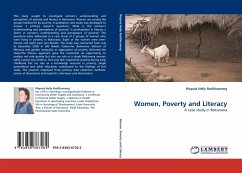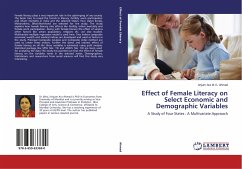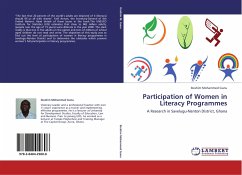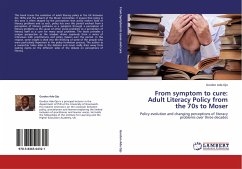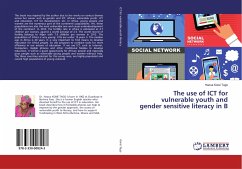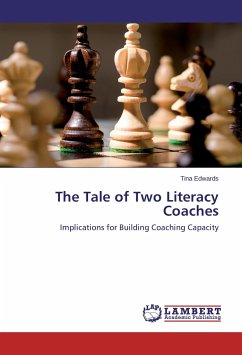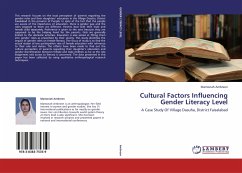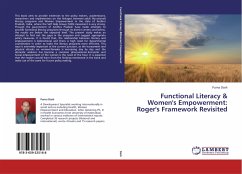This study sought to investigate women''s understanding and perceptions of poverty and literacy in Botswana. Women are among the groups hardest hit by poverty. A qualitative case study was developed to answer 2 primary research questions: What is the women''s understanding and perceptions of poverty? Is participation in literacy a factor in women''s understanding and perceptions of poverty? The questions were addressed in a case study of 2 groups of women who were living in poverty in Botswana. Eight of the women were semi-literate and eight were non-literate. The study was conducted from July to December 2000 in Old Naledi, Gaborone, Botswana. Notions of illiteracy and gender inequality as aggravators of poverty informed the study.The literacy approach gave the researcher an opportunity to analyze not only gender but also my role as a single Motswana woman solely raising two children. Not only did I experience poverty during early childhood but my role as a knowledge resource inpoverty, single parenthood and adult education contributed to the findings of this study. The research employed three primary data collection methods: review of documents and research, interviews and observation.
Bitte wählen Sie Ihr Anliegen aus.
Rechnungen
Retourenschein anfordern
Bestellstatus
Storno

